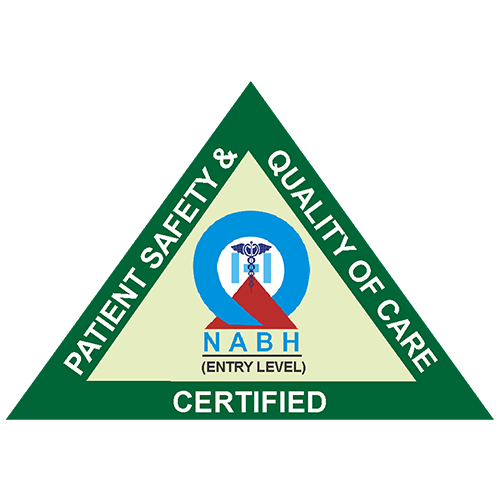Introduction
Facing a urologic condition can be challenging for anyone, but when it comes to children, the impact can be especially profound. From bedwetting to congenital abnormalities, urologic conditions in children require careful management and support from parents and caregivers. In this blog, we’ll explore various urologic conditions that children may face and provide strategies for helping them cope effectively.

Understanding Urologic Conditions in Children
Urologic conditions encompass a wide range of issues affecting the urinary system, including the kidneys, bladder, ureters, and urethra. Some common urologic conditions in children include:
1) Bedwetting (Nocturnal Enuresis)
Bedwetting is a common condition where children involuntarily urinate during sleep, even beyond the age of expected nighttime bladder control.
2) Urinary Tract Infections (UTIs)
UTIs occur when bacteria enter the urinary tract and cause infection, leading to symptoms such as pain or burning during urination, frequent urination, and fever.
3) Vesicoureteral Reflux (VUR)
VUR is a condition where urine flows backward from the bladder into the ureters and kidneys, increasing the risk of kidney infections and damage.
4) Hydronephrosis
Hydronephrosis is a condition characterized by the swelling of one or both kidneys due to a backup of urine, often caused by blockages or abnormalities in the urinary tract.
5) Congenital Anomalies
Congenital abnormalities such as posterior urethral valves, ureteropelvic junction obstruction, and bladder exstrophy are structural defects present at birth that affect the urinary system.
Helping Your Child Cope
Coping with a urologic condition can be emotionally and physically challenging for children. As a parent or caregiver, there are several ways you can support your child through their journey:
1) Open Communication
Encourage open and honest communication with your child about their condition. Answer their questions, address their concerns, and assure them that they’re not alone in their experience.
2) Educate and Empower
Provide age-appropriate information about your child’s urologic condition and involve them in their care decisions. Empower them to take an active role in managing their health and well-being.
3) Establish a Routine
Create a consistent routine for managing your child’s urologic condition, including scheduled bathroom breaks, medication reminders, and fluid intake monitoring.
4) Positive Reinforcement
Praise and encourage your child’s efforts in managing their condition, whether it’s following a treatment plan, practicing bladder training exercises, or attending medical appointments.
5) Seek Support
Connect with other parents, support groups, or mental health professionals who specialize in pediatric urology to access additional support and guidance.
Conclusion:
Coping with a urologic condition can be challenging, but with the right support and resources, children can thrive despite their diagnosis. By promoting open communication, empowering your child, establishing routines, providing positive reinforcement, and seeking support when needed, you can help your child navigate their urologic condition with resilience and confidence. Remember, you’re not alone on this journey, and there are resources available to assist you every step of the way
Tags :Best Urology Treatment





La weekly Awesome! Its genuinely remarkable post, I have got much clear idea regarding from this post . La weekly
Thank you I have just been searching for information approximately this topic for a while and yours is the best I have found out so far However what in regards to the bottom line Are you certain concerning the supply